
Home
Publications
Publications
Showing 0 to 0 of 0 results
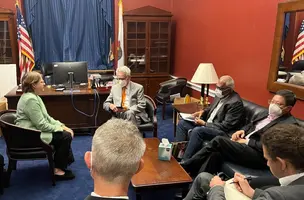
Statements
2022-09-25T23:09:20
Parliamentarians from Southeast Asia and Europe urge the UN and the US to take sides in the struggle for democracy in Myanmar
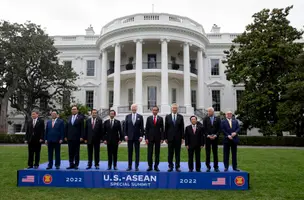
Opinion Articles
2022-05-16T02:43:22
A strong US-ASEAN partnership starts with Myanmar
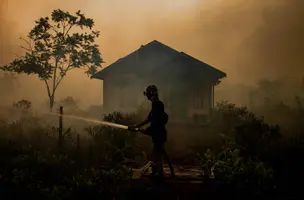
Opinion Articles
2022-05-11T10:10:54
US must assist with climate finance
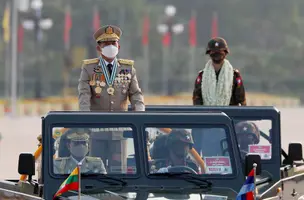
Statements
2022-05-09T05:40:54
Statement to the US and ASEAN on Myanmar ahead of summit in Washington
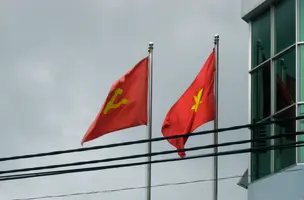
Statements
2016-06-02T07:29:35
ASEAN MPs to Obama: Stand up for democracy and human rights in Vietnam

Statements
2016-02-16T07:28:40
ASEAN MPs: Action must follow Sunnylands commitments
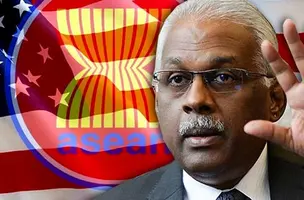
Opinion Articles
2016-02-15T07:28:40
US-ASEAN Summit: On human rights, agenda setting and hegemony
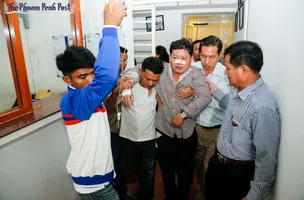
Opinion Articles
2016-02-14T07:28:40
Standing up for democracy in Southeast Asia
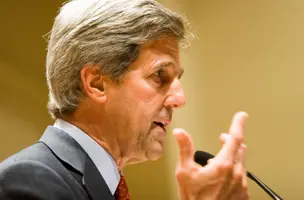
Statements
2016-02-09T07:28:40
Parliamentarians urge Secretary Kerry to raise human rights concerns on visit to Laos and Cambodia
TOP
ASEAN Parliamentarians for Human Rights (APHR) was founded in June 2013 with the objective of promoting democracy and human rights across Southeast Asia. Our founding members include many of the region's most progressive Members of Parliament (MPs), with a proven track record of human rights advocacy work.
Copyright © 2024-2025 All Rights Reserved - ASEAN Parliamentarians for Human Rights (APHR)
Website by Bordermedia